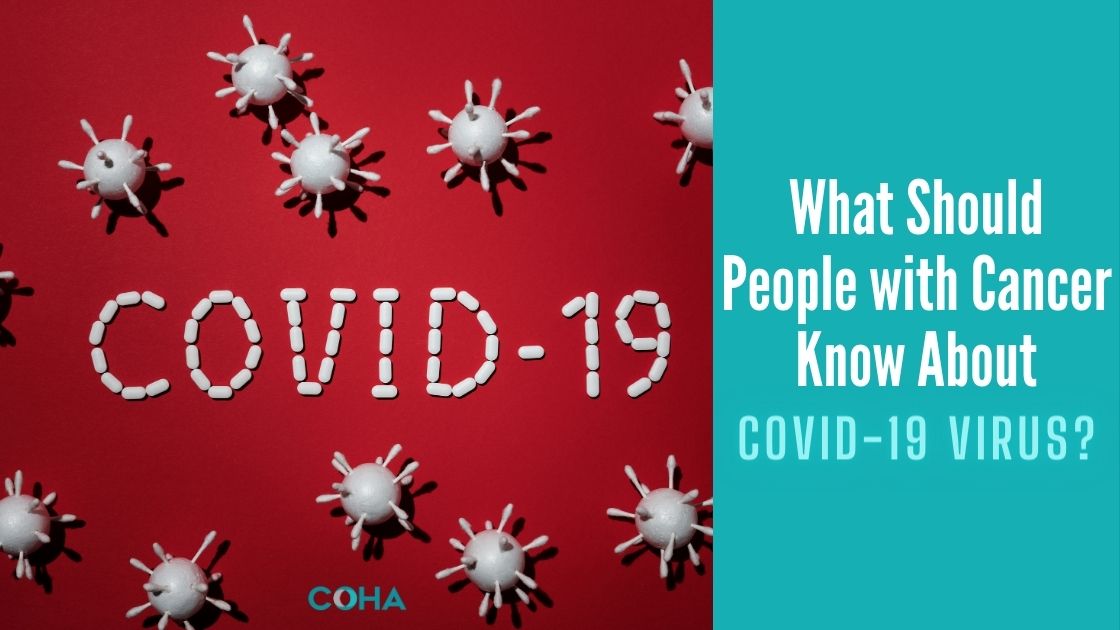


COVID-19 cases and deaths have been rising around the country, but after months of research and testing, the coronavirus vaccine has been found and will soon be available to the public. If you are a cancer patient, you should still take additional precautions to protect yourself from contracting the virus. According to the American Cancer Society, cancer patients and those taking treatment for cancer are at an increased risk of getting a COVID-19 infection.
Cancer treatments such as chemotherapy, radiation therapy, or surgery can weaken a patient’s immune systems, making it harder to fight off infections and other diseases. Please consult with their doctor about effectively managing COVID-19 and cancer.
According to the CDC (Center for Disease Control and Prevention), older adults and people with certain medical conditions and poor habits have increased risks of getting health complications from COVID-19. These conditions and factors include:
American Red Cross reports that there is no evidence that people can get coronavirus infection through a blood transfusion. Healthy people can still donate blood. However, social distancing due to COVID-19 has decreased blood donations and canceled blood drives, causing dramatic blood shortages in many parts of the country. The US Food and Drug Administration (FDA) still encourages blood donations during this pandemic.
Remdesivir (Veklury) is the only FDA-approved drug to treat children and adults hospitalized with COVID-19 infection. It stops the virus's production and tends to shorten the recovery time in some patients. This drug can cause some side effects such as sweating, chills, and low blood pressure.
Besides Remdesivir, some other drugs have received emergency use authorization (EUA), including:
Yes, there are 3 COVID-19 vaccines, including AstraZeneca, Moderna, and Pfizer. The FDA has issued emergency use authorization for Moderna and Pfizer COVID-19 vaccines. The efficacy and results of these vaccines have been publicly reported through press releases, and we can expect more such reports in the future.
The COVID-19 vaccines have become available for use, but it is too early to say how long they can protect us from infection. More research is required to answer this question. However, most people who have recovered from COVID-19 develop an immune response that can safeguard them for some period against reinfection. However, research is still going on concerning how long this protection can last.
At Chesapeake Oncology-Hematology Associates, our medical team is dedicated to providing the best possible cancer treatments. Our treatments include chemotherapy, iron infusions, immunotherapy, and radiation therapy. We ensure the most suitable and advanced treatments and care. Contact us for an appointment with us if you are looking for highly experienced oncologists and hematologists near you.